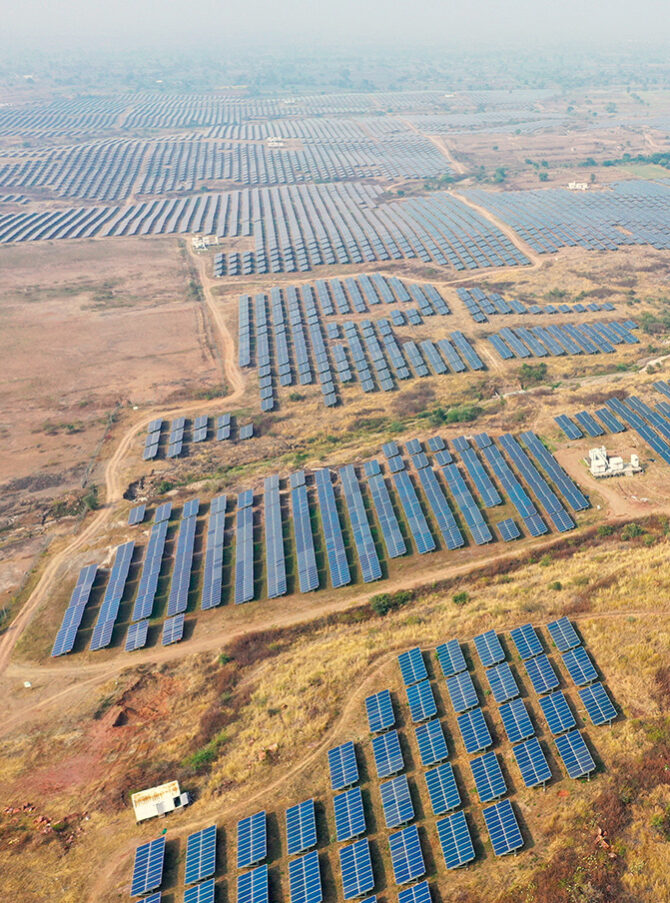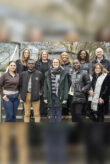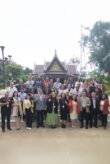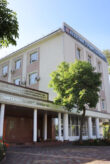As more and more solar systems are reaching the ends of their life cycle in India, the issues of reuse and recycling are playing an increasingly important role. To address this, the National Physical Laboratory of India (CSIR-NPL) and the Physikalisch-Technische Bundesanstalt (PTB) joined forces to organize and host a two-day Calidena workshop on Improving Circularity in Photovoltaic (PV) Systems in New Delhi on 11-12 June 2024. Over 30 Indian stakeholders from various fields along the PV value chain met to discuss the quality infrastructure requirements which are necessary to support the reuse and recycling of PV systems. The workshop was part of the project titled Strengthening Quality Infrastructure for the Solar Industry, which is being financed by the German Federal Ministry for Economic Cooperation and Development.
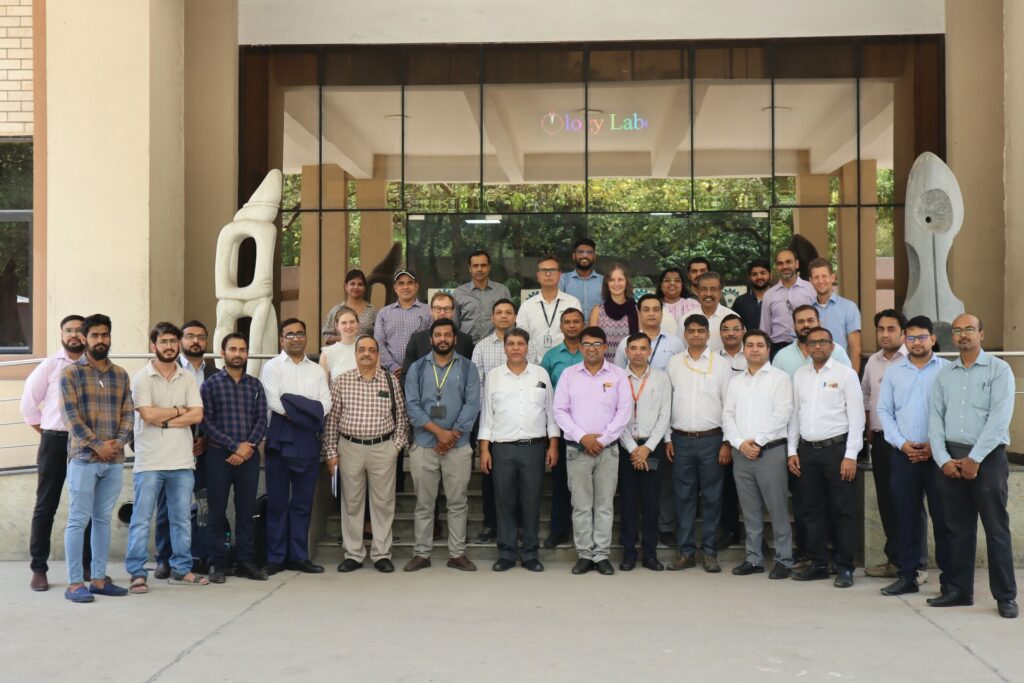
On the first day of the workshop, NPL invited all of the participants to its grounds for a firsthand demonstration of its ongoing research activities in the field of recycling PV modules.
Following this great practical insight, the participants met at the Metropolitan Hotel in New Delhi to identify the gaps in quality infrastructure that need to be addressed to improve the reuse and recycling of PV modules in India. During the first session of the working groups, they were asked to define the necessary quality requirements for recycled materials and reused PV modules. The criteria identified at the workshop included performance issues, physical conditions and safety.
More practical insight was shared by the German start-up Solar Materials which gave a thorough overview of the approaches it uses to separate materials from PV modules at the end of their life cycle.
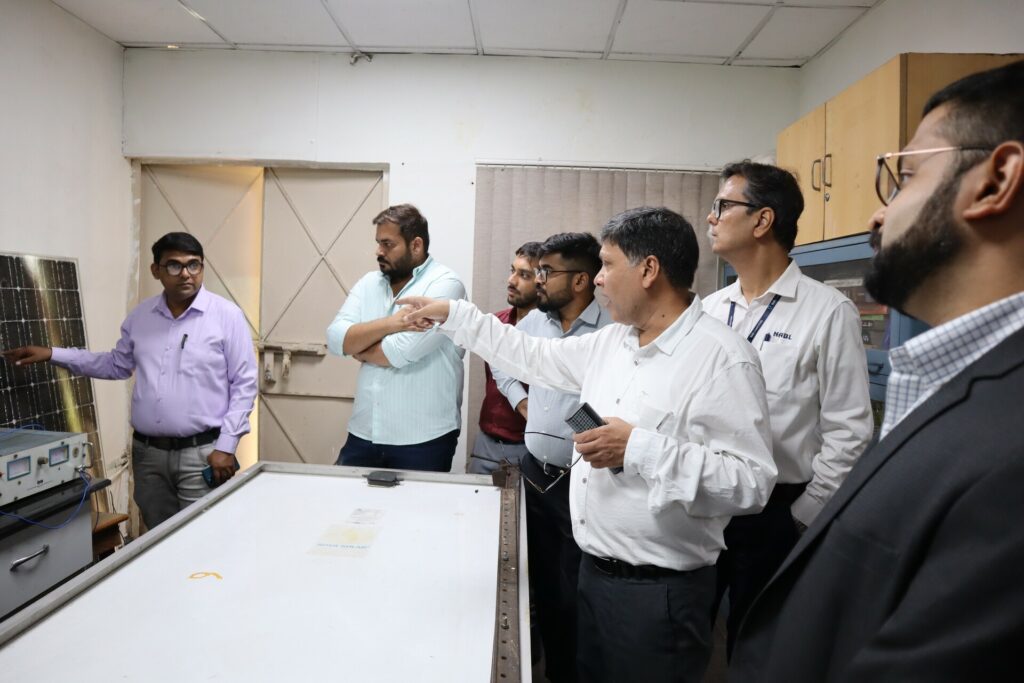
The second day started with Mr Mike Easterbrook from Sustainable Electronics Recycling International (SERI) presenting the R2 standard that aims to ensure that people have a way of recognizing legitimate reuse and recycling options for solar panels. Similar to the input from Solar Materials, this practical insight was well received and led to fruitful discussions.
Afterwards, the participants were asked to define quality requirements and to identify issues which hinder increased circularity. One major aspect that came up was the absence of guidelines that define the requirements for recycled materials or reused modules. Addressing the issue led to heated discussions, highlighting the relevance of this topic.
Further important issues that were discussed in detail during the workshop were the great distances between solar fields and recycling locations as well as the economic value of reuse and recycling.
Building on the many identified challenges, the final participatory approach focused on developing action plans.
In general, the workshop facilitated communication and collaboration between stakeholders and thus contributed to raising awareness of the sustainability challenges at the end-of-life stage of PV modules. The more than 30 participants who attended the workshop came from prominent public and private institutions such as TÜV Rheinland, Mitsui Chemicals India, International Solar Alliance, National Accreditation Board for Testing and Calibration Laboratories, the Council on Energy, Environment & Water (CEEW), First Solar, Juniper Green Energy, Bureau of Indian Standards, Indian Institute of Technology Bombay, UL Standards & Engagement, KfW Development Bank, GIZ India and the National Institute of Solar Energy.
Cover image © istock


